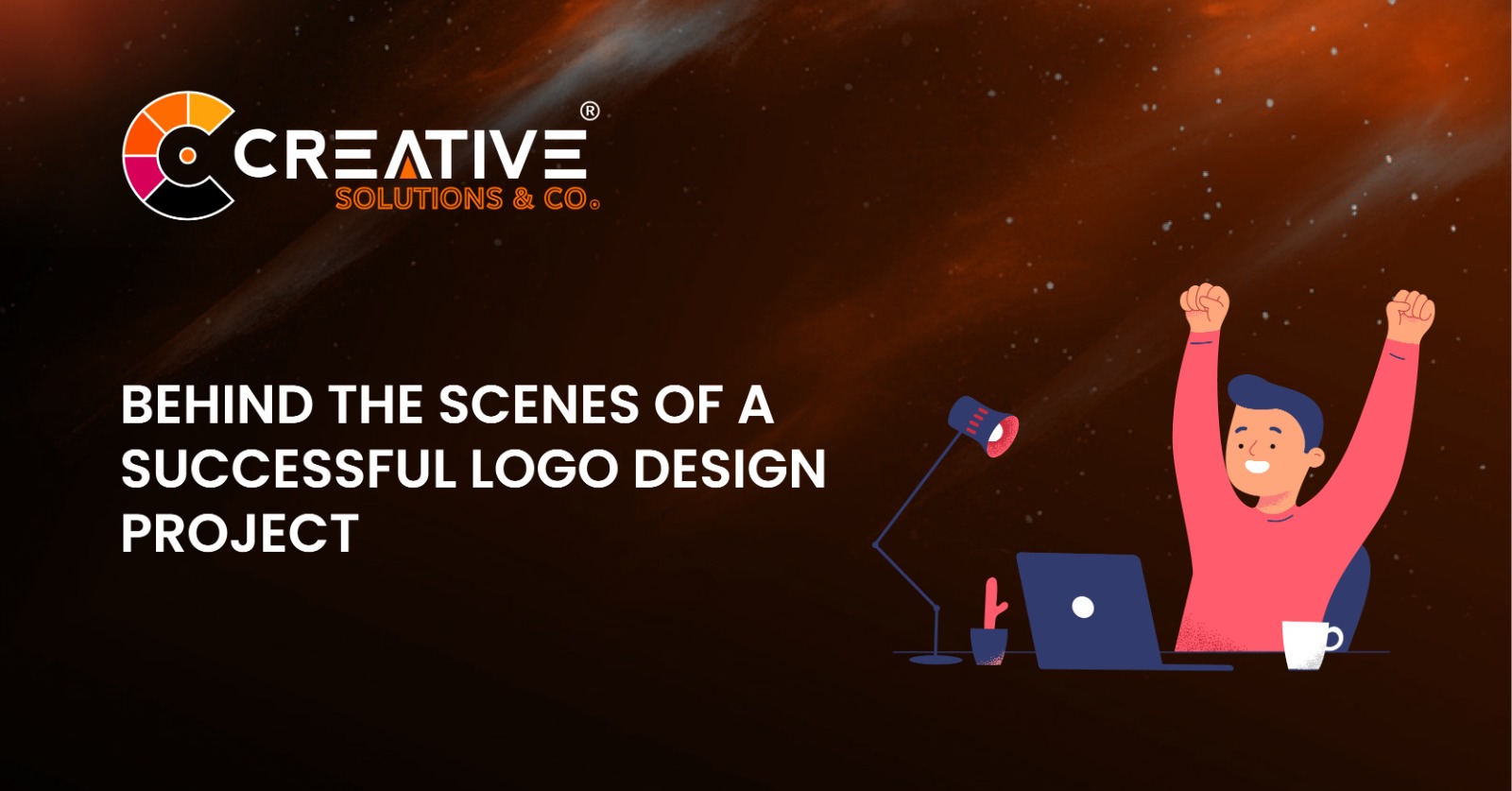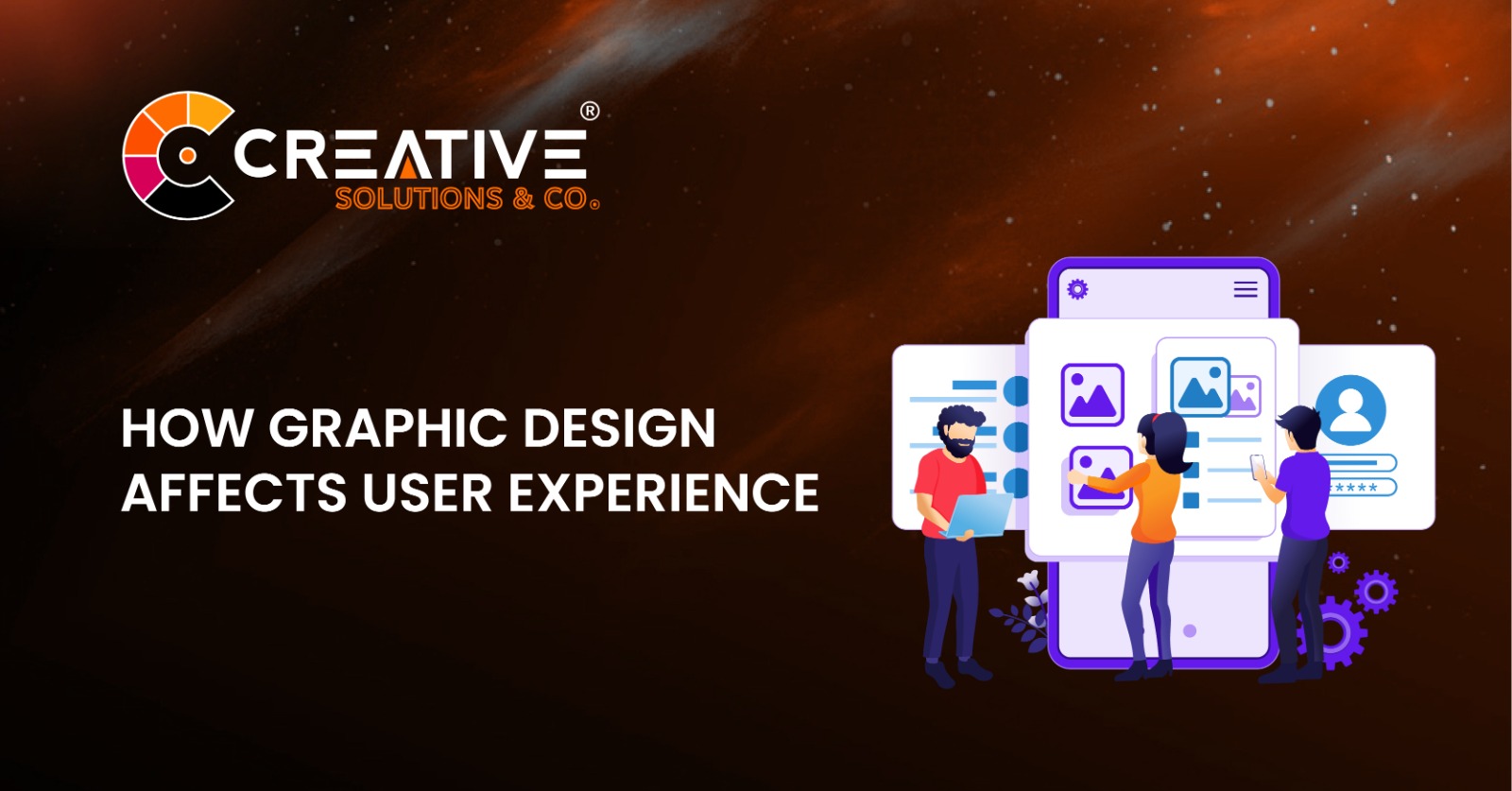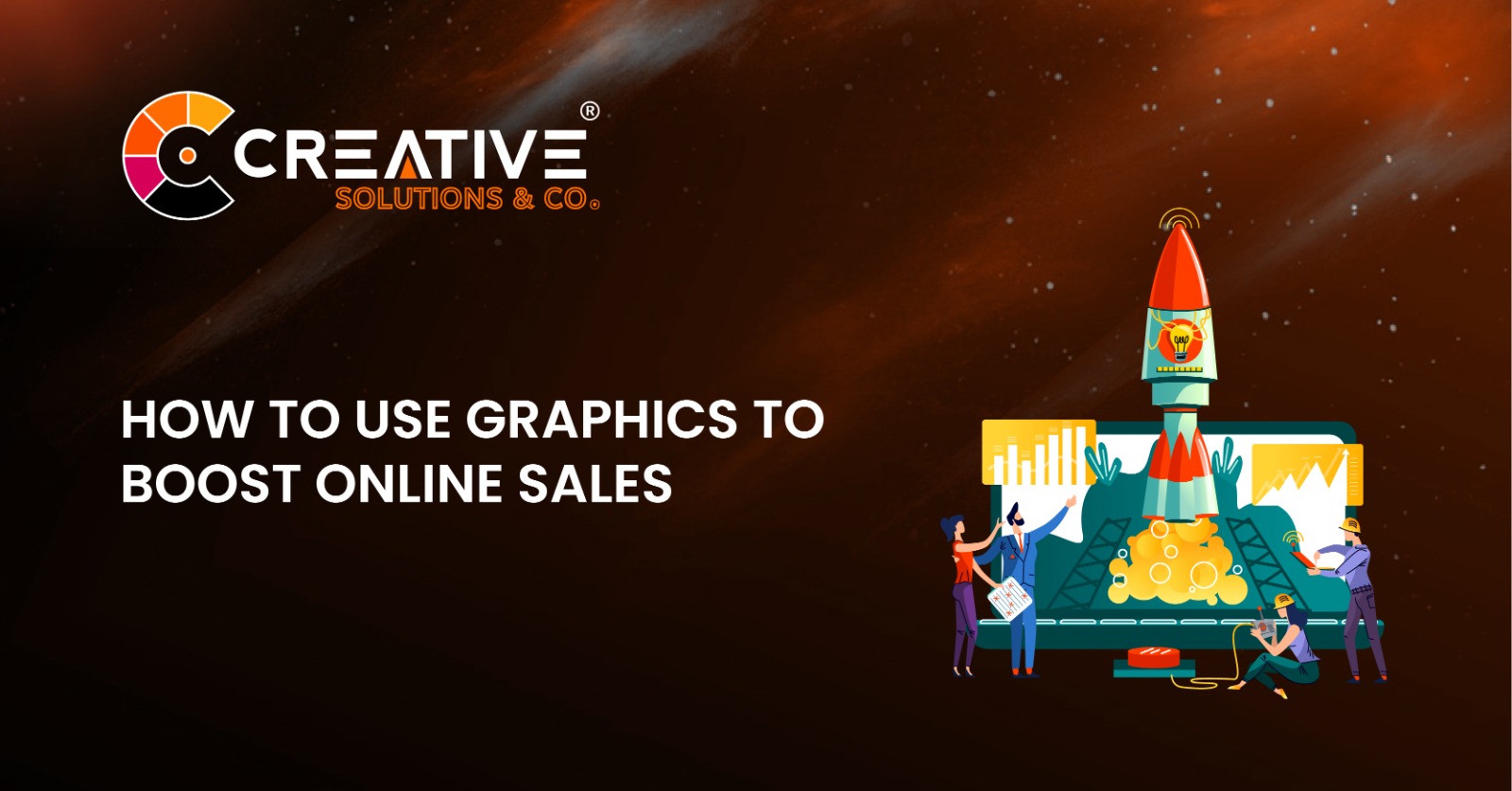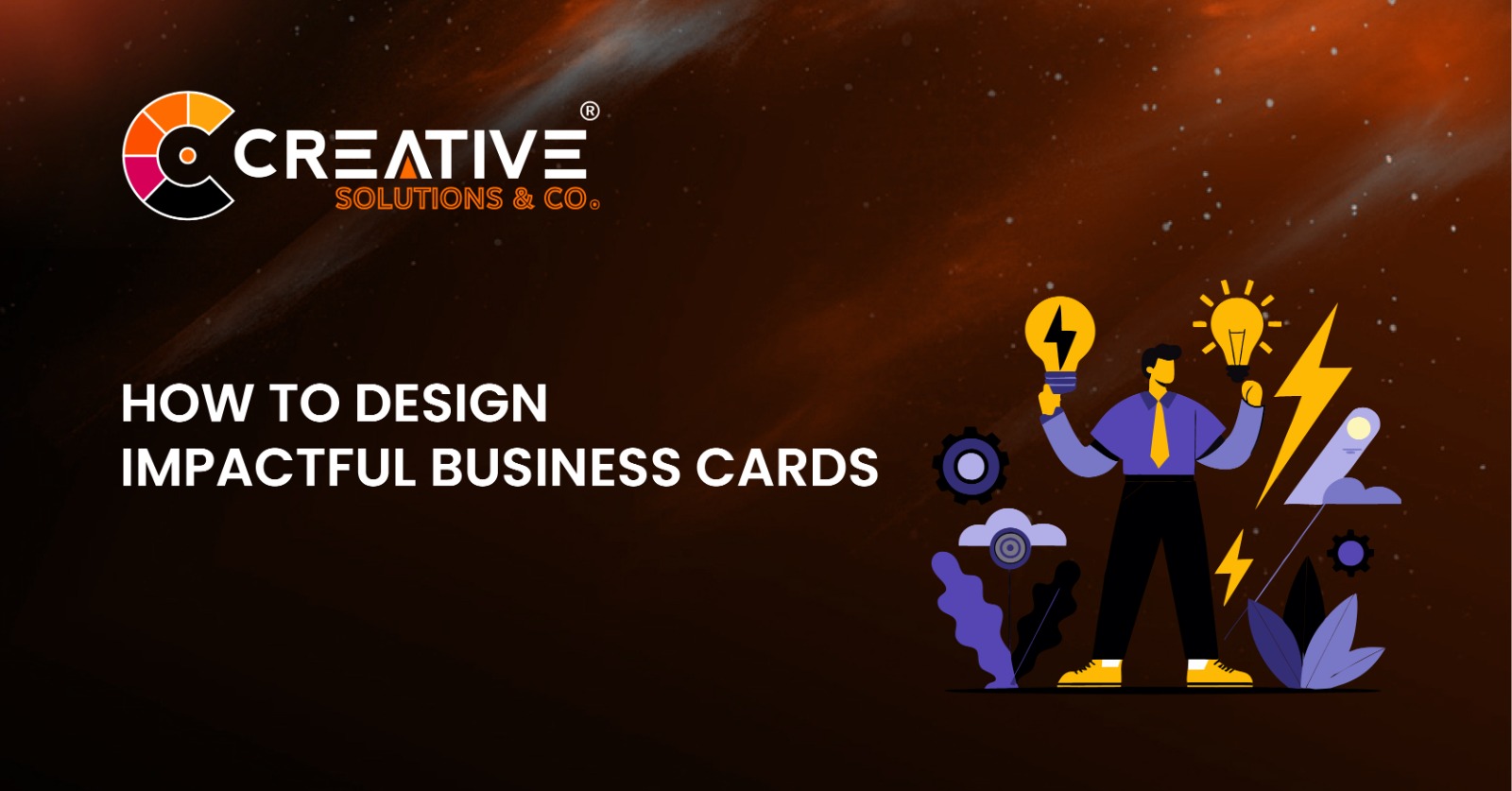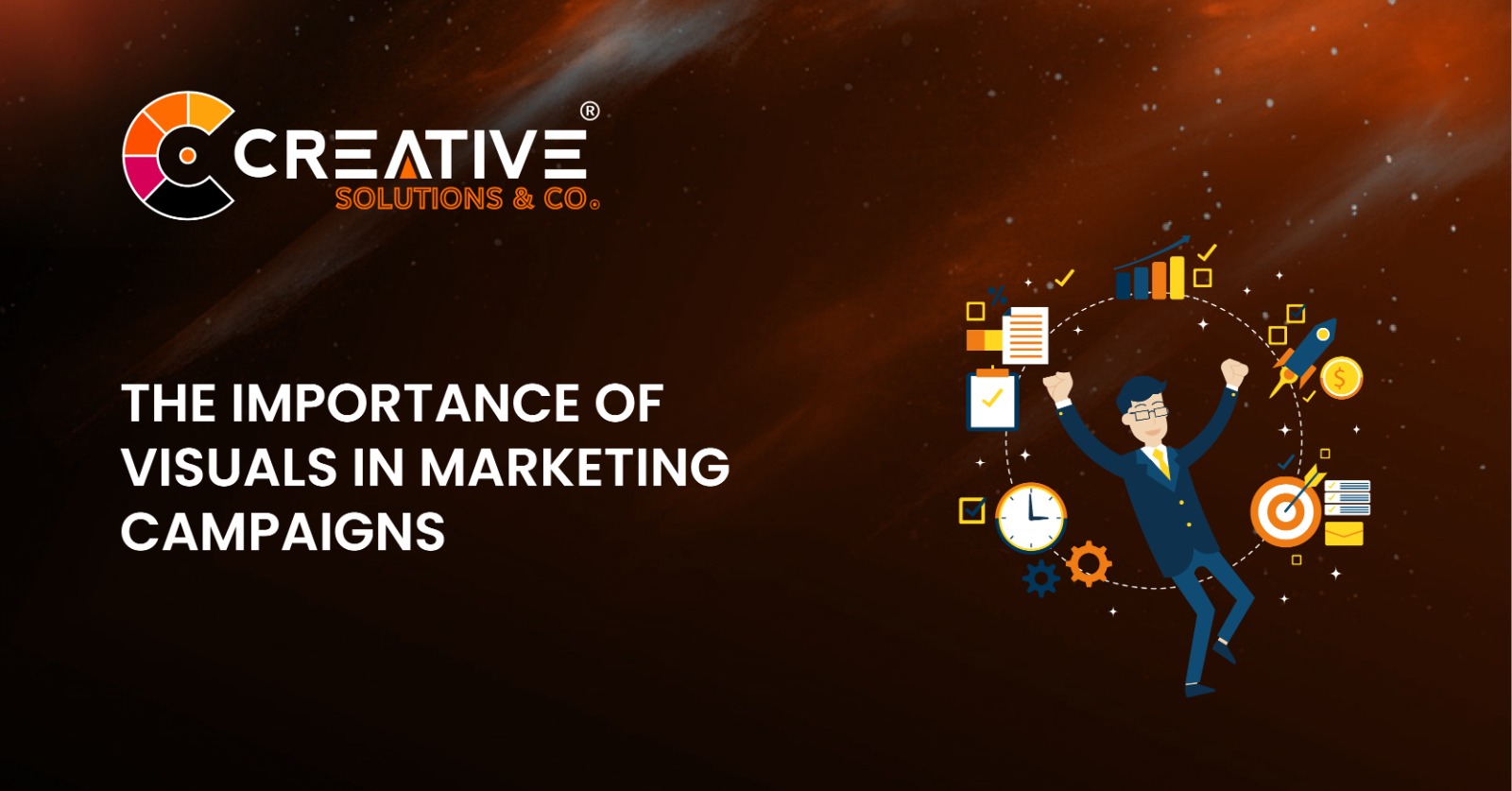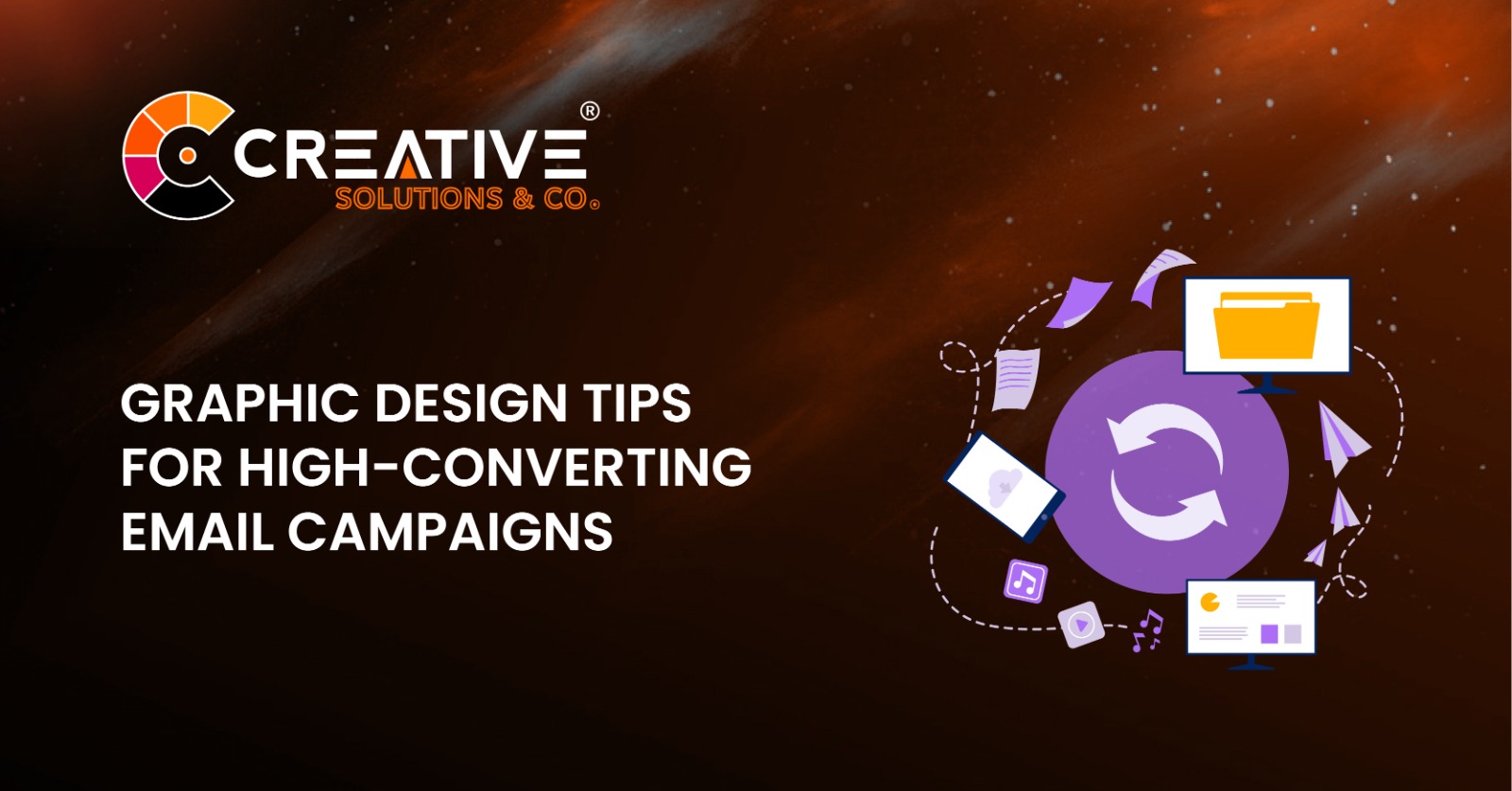In today’s digital era, a website is more than just an online presence; it’s the face of your brand. But what happens when your website loads too slowly, lags, or fails to deliver the experience your visitors expect? They leave—and so do your chances of making an impact. This is where AI steps in to revolutionize website optimization. In this guide, we’ll explore how to use AI to improve website performance, helping you create a faster, smarter, and more engaging platform that keeps your visitors hooked and coming back for more.
Table of Contents
| Sr# | Headings |
|---|---|
| 1 | Introduction to AI in Websites |
| 2 | Why Website Performance Matters |
| 3 | AI Tools for Website Optimization |
| 4 | Improving Website Speed with AI |
| 5 | AI-Driven Content Personalization |
| 6 | SEO Boosts with AI Technology |
| 7 | AI for Real-Time Analytics |
| 8 | Chatbots for Enhanced User Interaction |
| 9 | AI-Powered A/B Testing |
| 10 | Enhancing Security Through AI |
| 11 | Predictive Analytics for User Behavior |
| 12 | Streamlining E-commerce with AI |
| 13 | Integrating AI for Mobile Optimization |
| 14 | Challenges of Using AI |
| 15 | Future of AI in Web Performance |
1. Introduction to AI in Websites

AI isn’t just for sci-fi movies or tech giants. It’s becoming an essential tool for improving website performance. From learning user behavior to suggesting real-time solutions, AI is the invisible assistant that makes your website more efficient and user-friendly.
2. Why Website Performance Matters
Would you wait more than 5 seconds for a webpage to load? Probably not. Website performance impacts bounce rates, user satisfaction, and even your Google ranking. A slow or poorly performing website can cost you visitors—and potential revenue. AI steps in to make sure your site doesn’t let you down.
3. AI Tools for Website Optimization
There’s a growing market for AI tools tailored to website performance. Popular ones include:
- Google PageSpeed Insights (AI-driven speed analysis)
- ChatGPT for dynamic content creation
- Hotjar for user behavior insights
These tools can quickly identify problem areas and offer actionable solutions.
4. Improving Website Speed with AI
Think of AI as a mechanic for your website, fine-tuning every part to run smoothly. AI optimizes image compression, minimizes server response time, and uses caching strategies. For instance, tools like Cloudflare’s AI-based solutions can reduce load times by up to 40%.
5. AI-Driven Content Personalization
Ever notice how some websites seem to know exactly what you want? That’s AI at work. AI analyzes user data to deliver personalized content, from product recommendations to tailored blog posts. It’s like having a virtual salesperson guiding each visitor.
6. SEO Boosts with AI Technology
Want to rank higher on Google? AI helps you optimize for search engines by:
- Finding long-tail keywords.
- Improving meta descriptions.
- Tracking competitor strategies.
AI tools like SEMrush and Yoast SEO take the guesswork out of your SEO efforts.
7. AI for Real-Time Analytics
AI doesn’t just analyze your website’s performance; it does so in real time. Tools like Google Analytics 4 use AI to provide instant feedback on what’s working and what’s not. This means quicker fixes and better user experiences.
8. Chatbots for Enhanced User Interaction
Have you interacted with a chatbot on a website? Chatbots, powered by AI, ensure your users get instant answers, reducing frustration. They’re available 24/7, enhancing customer satisfaction and keeping visitors engaged.
9. AI-Powered A/B Testing
A/B testing used to be time-consuming, but not anymore. AI simplifies the process by quickly analyzing which version of your site performs better. Whether it’s tweaking button colors or changing headlines, AI ensures every detail works in your favor.
10. Enhancing Security Through AI
In a world of increasing cyber threats, AI acts as your website’s security guard. AI tools like Darktrace detect and neutralize suspicious activities, protecting your site and user data. Better security means greater trust.
11. Predictive Analytics for User Behavior
Ever wish you could predict what your visitors want before they tell you? AI uses predictive analytics to identify trends and behaviors, helping you stay ahead of the curve. For example, if most users visit your site at 8 PM, you can schedule updates accordingly.
12. Streamlining E-commerce with AI
AI is revolutionizing e-commerce by offering:
- Smart product recommendations.
- Personalized discount offers.
- Fraud detection for payments.
Platforms like Shopify integrate AI to make online shopping seamless and secure.
13. Integrating AI for Mobile Optimization
Mobile optimization is no longer optional. AI helps ensure your site performs well on all devices by:
- Optimizing images for smaller screens.
- Reducing page load times on mobile.
- Providing touch-friendly navigation.
14. Challenges of Using AI
Using AI isn’t without its hurdles. Common challenges include:
- High initial costs for premium AI tools.
- The need for data privacy compliance.
- A learning curve for new users.
Still, the benefits often outweigh the challenges.
15. Future of AI in Web Performance
AI is evolving rapidly, and its potential in website performance is limitless. Imagine websites that fully adapt to user needs in real-time or AI creating entirely new user experiences. The future is exciting—and now is the time to embrace it.
Conclusion
Using AI to improve website performance is like upgrading your old toolbox to a state-of-the-art machine. It enhances speed, personalizes experiences, and keeps your website ahead of the competition. Whether you’re running a blog, an e-commerce site, or a corporate webpage, integrating AI is no longer a luxury—it’s a necessity.
FAQs About How to Use AI to Improve Website Performance
1. What is AI in website optimization?
AI in website optimization involves using tools and algorithms to improve website speed, content delivery, user experience, and overall performance.
2. How does AI improve website speed?
AI optimizes elements like image compression, caching, and server response time to make websites load faster.
3. Can AI help with SEO?
Yes, AI tools can identify keywords, improve meta tags, and provide competitor insights to boost search engine rankings.
4. Are AI-powered chatbots effective?
Absolutely. They offer instant responses, improve customer satisfaction, and can even increase conversions.
5. Is using AI for my website expensive?
While some AI tools can be costly, there are affordable or even free options that offer significant benefits. The return on investment often justifies the cost.

